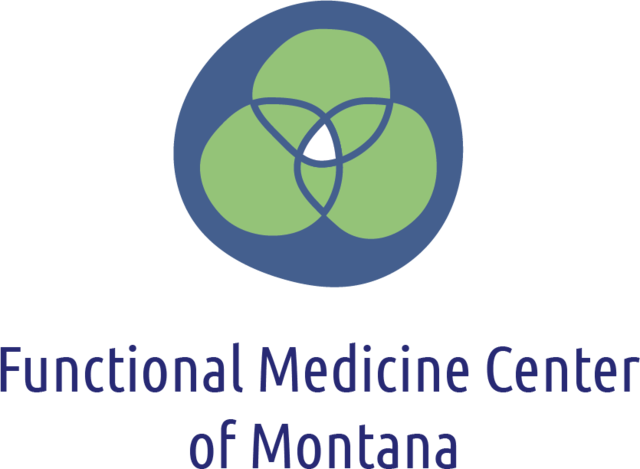Metabolic Syndrome
Metabolic syndrome is a descriptive term for a collection of risk factors that increase your risk of developing heart disease, stroke and type 2 diabetes.
The five risk factors that make up Metabolic Syndrome include:
- Excessive fat around your waistline (more than 35-inch circumference for women and more than 40 for men)
- Low levels of HDL (“good”) cholesterol
- High triglyceride levels
- High blood sugar
- Elevated blood pressure
It is possible for you to reverse metabolic syndrome with dietary change and daily exercise. However, your risk for metabolic syndrome increases as you age, so it is absolutely critical to modify unhealthy lifestyle habits as early as possible.
To reduce your risk for metabolic syndrome, start by doing the following:
Review Your Family History
Your genetic makeup is part of your risk so if someone in your family has history of stroke, diabetes or heart disease, you may be at risk for metabolic syndrome.
Acknowledge Your Body Shape
Where you “wear” your fat matters. If your body shape is more like an apple than a pear, your risk for developing metabolic syndrome is greater. Carrying weight around your middle is a manifestation of excess visceral fat. This is a key risk factor for the development of metabolic syndrome, type 2 diabetes, heart disease and even certain cancers.
Follow a Plant-Based Diet
The most current set of dietary guidelines encourages a plant-focused Mediterranean Diet high in fruits, vegetables, nuts, seeds, grains and seafood. It encourages eating poultry, eggs, cheese and yogurt in moderation. It discourages consumption of processed meat and other foods, sugars, and refined oils and grains.
Increase Your Dietary Fiber
Eat foods rich in soluble fiber – like oat bran, barley, legumes, seeds, nuts and some fruits and vegetables. Include insoluble fiber like whole grain, wheat bran (if you are not gluten free), and vegetables to add bulk to your stool and enhance elimination. Insoluble fiber also makes you feel full longer after a meal so you are less tempted to snack between meals.

Be Mindful of What You Drink
Fruit juice and soda can spike your blood sugar levels because of their high sugar content. Moderate amounts of alcohol may elevate your blood sugar, while excessive amounts of alcohol may actually cause dangerously low blood sugar, especially if you have type 1 diabetes. Water is the best beverage for proper hydration. Tea contains antioxidants, flavonoids, and other important nutrients that are great for your health. Drinking coffee in moderation will lower your risk of metabolic syndrome. Consume skim or low-fat milk to decrease your calorie intake.
Lose Excess Weight
Regular exercise and weight loss have been shown to lower the risk of metabolic syndrome. Even a modest 5% reduction of body weight positively impacts blood pressure, sugar and serum lipids. For example, if you weigh 160 lbs but your ideal weight is 120 lbs, a drop of 8-10 lbs could improve your blood pressure, sugar, and cholesterol and triglyceride levels. It may even eliminate your need for prescription medication.
Get In the Habit of Daily Exercise
Moderate daily aerobic exercise can decrease your risk for metabolic syndrome by improving cholesterol levels, decreasing blood pressure, and stabilizing blood sugars. Although vigorous exercise, at least 30 minutes/day, five days/week works best to lower your risk of metabolic syndrome, even a 30 minute daily walk can help. Moreover, strength training and high intensity interval training can improve your blood sugar and help you lose weight.
Test Your Fasting Insulin Levels
High baseline fasting insulin levels are independent determinants for the eventual development of metabolic syndrome. Blood glucose and A1C levels are also commonly tested but it is insulin that determines how well your body can metabolize glucose for energy.
Are You Ready to Find Your Optimal Health?!
I look forward to helping you be the change you want to see in your health! If you have any questions you’d like to ask before you are ready to take the first step in your journey to health, I am happy to answer them.

